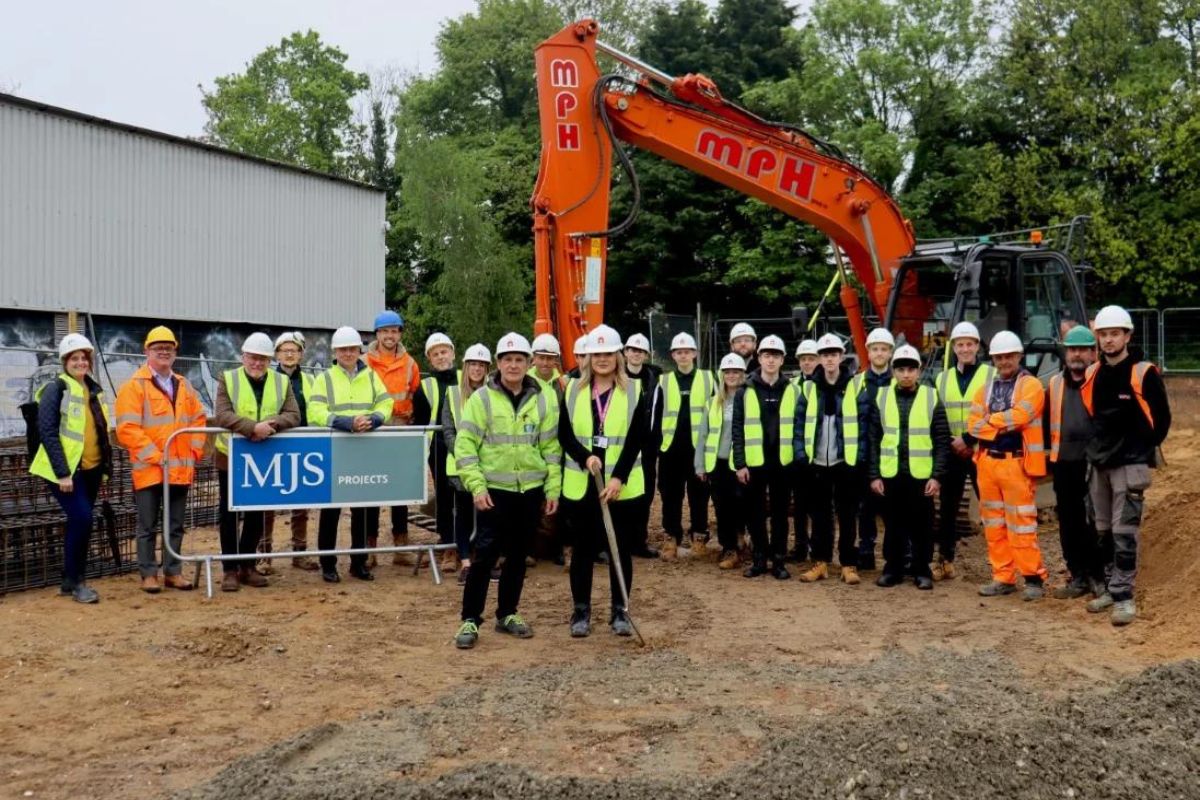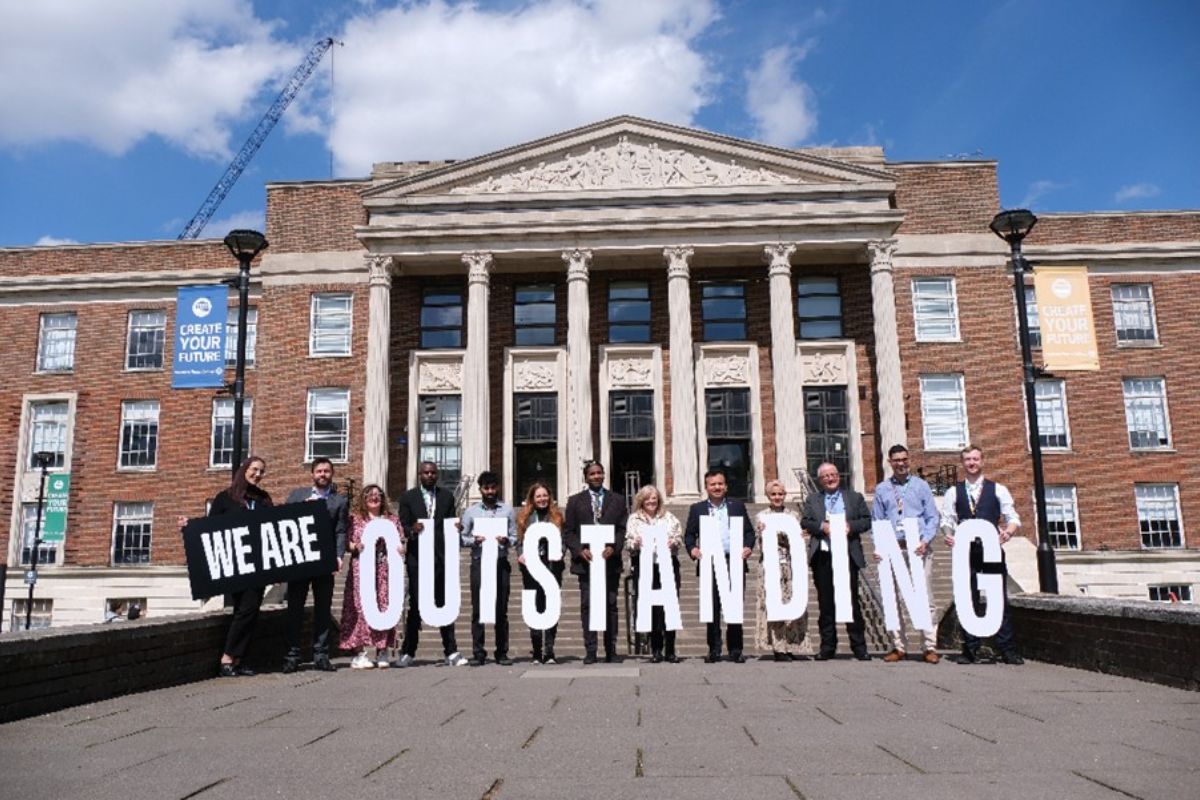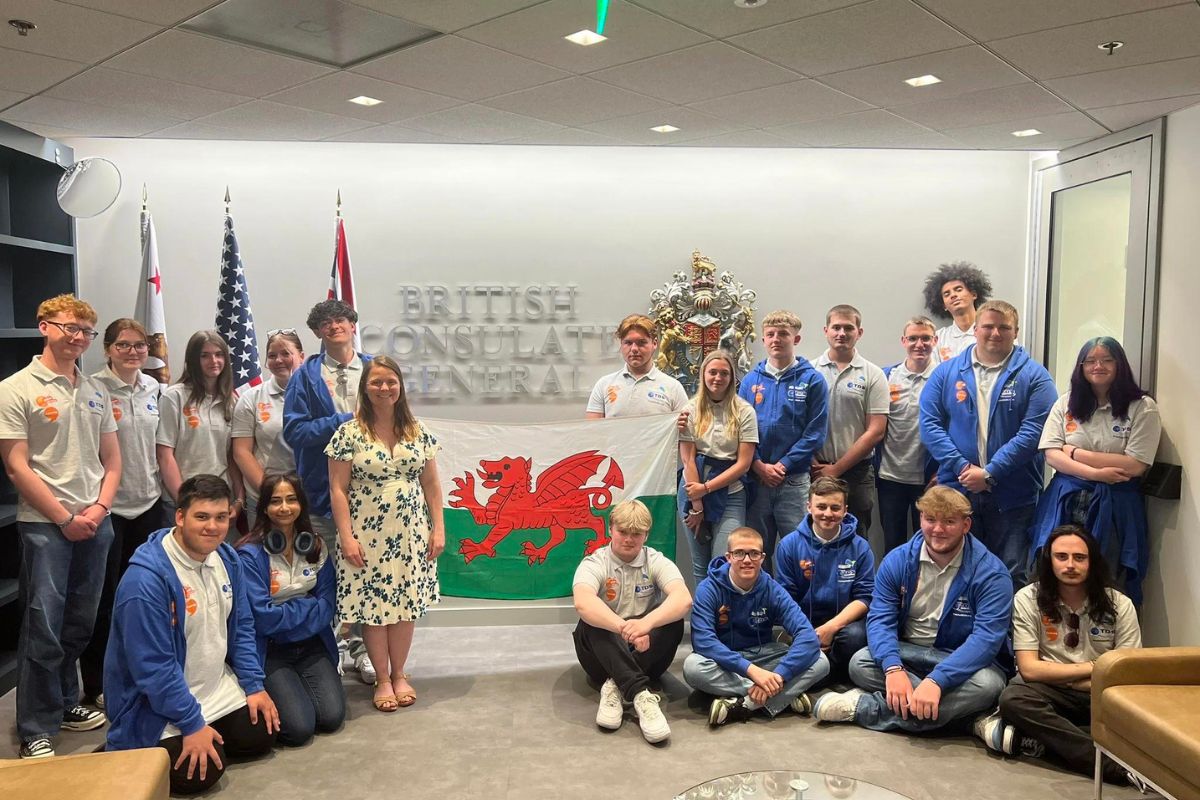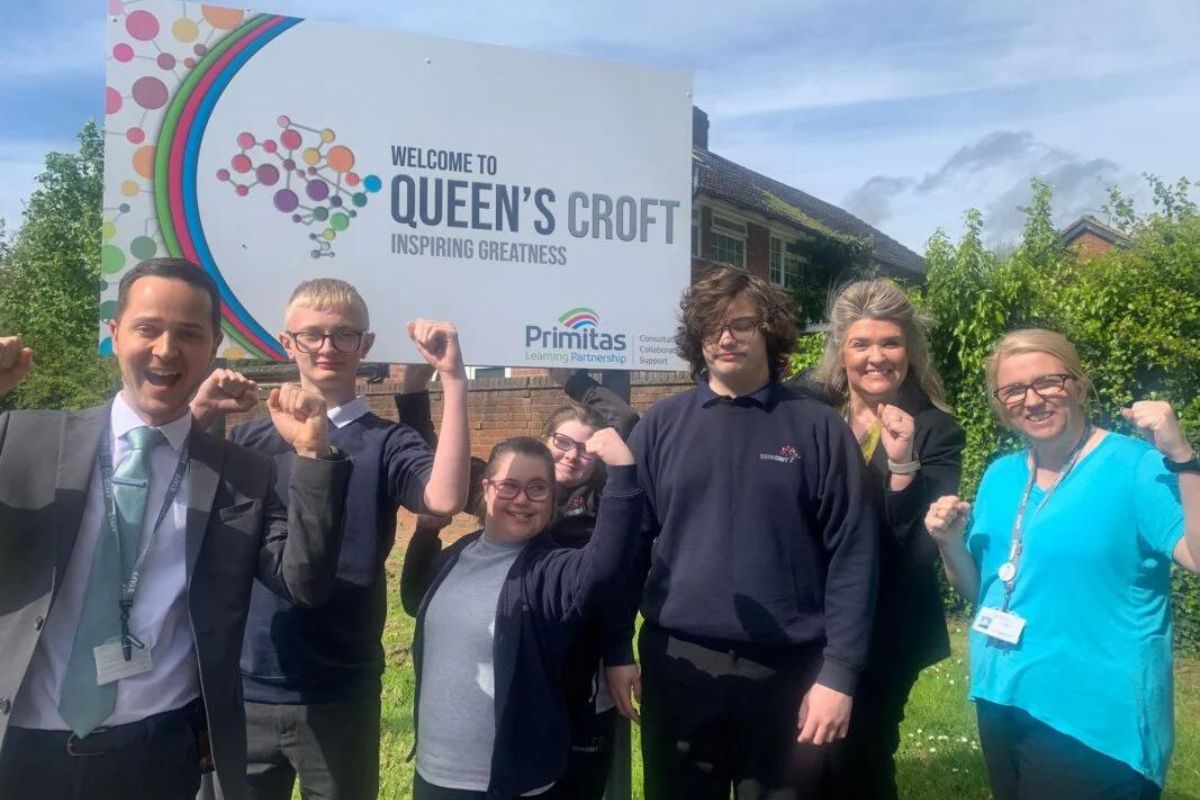Digital Credentials and Blockchain: Transforming the FE Landscape

This article explores how digital credentials and blockchain technology have the potential to reshape the Further Education (FE) landscape. It explains how blockchain’s decentralised and immutable nature can enhance the security, transparency, and trustworthiness of digital credentials, as well as address challenges such as fraud and credential forgery. Furthermore, it discusses the emerging trends and initiatives that use blockchain for creating robust digital credentialing ecosystems, paving the way for a future where learners can securely own and share their educational achievements.
The rise of blockchain technology has created new possibilities and innovations for various industries, and the Further Education (FE) sector is no exception. When combined with digital credentials, blockchain can revolutionise the way educational achievements are stored, shared, and verified, building a credentialing ecosystem that is both more transparent and more secure.
Promoting security and transparency of skills and achievements with blockchain
Two key priorities for digital credentials are security and transparency. Providers, employers and learners all need to be able to confirm that the credentials they’re seeing have exactly the right details and that they can’t be interfered with. A benefit of blockchain technology in this context is its decentralised nature. Traditional credentialing systems rely on centralised authorities to issue and verify certificates, and these can be susceptible to fraud and tampering. Blockchain eliminates the need for a central authority by distributing the verification process across a network of computers, known as nodes.
Each node maintains a copy of the blockchain, which contains a record of all transactions and credentials. This decentralised approach improves the security and trustworthiness of digital credentials, since any attempt to manipulate or forge a credential would require tampering with multiple copies of the blockchain simultaneously, making it virtually impossible to alter records without detection.
A lifetime of skills – digitally stored
Once a credential is recorded on the blockchain, it becomes a permanent and unchangeable entry in the ledger and it cannot be changed or deleted without authorisation, further ensuring the integrity of digital credentials. Employers and educational institutions can be confident in the validity of any credential by accessing the blockchain, eliminating doubts about the legitimacy of a candidate’s qualifications.
Blockchain also allows learners to have greater control and ownership over their digital credentials. Traditional credentials are often scattered across various institutions and platforms, making it difficult for learners to compile a comprehensive record of their achievements. With blockchain-based credentialing systems, learners can securely store their credentials in a digital wallet, which they can access and control. This gives them the ability to selectively share their credentials with potential employers or educational institutions, offering privacy and control over their personal data while still letting them share proof of their qualifications.
The impact of blockchain on further education
The opportunity created for digital credentials by using blockchain is already being explored. For example, some educational institutions are partnering with blockchain platforms to issue digital credentials that are anchored to the blockchain and can be instantly verified to prove authenticity. In addition, platforms are now emerging which allow for the creation of full credentialing ecosystems that let learners store and share all their credentials securely, often including extra features like skills validation and reputation systems which help to get even more value from digital credentials.
As the adoption of blockchain technology continues to grow, educational institutions and stakeholders in the FE sector must be willing to actively explore and embrace the potential of this technology. Standards and frameworks must be created that ensure seamless integration of blockchain-based systems and educational institutions have to educate learners and employers about the advantages of blockchain-based credentials to help promote wider acceptance and recognition across the job market.
Using technology to build trust
The combined use of digital credentials and blockchain technology has huge potential to positively impact the FE sector. Blockchain’s decentralised and immutable nature makes digital credentials more secure, transparent and trustworthy, mitigating challenges such as fraud and forgery.
As blockchain-based credentialing ecosystems continue to evolve, learners will have more control over their educational achievements, and employers will have a more reliable way to verify qualifications. By embracing blockchain technology, the FE sector can create a future where learners can securely own and share their digital credentials, building a better credentialing landscape that everyone can trust and benefit from.
By Matt Rogers, Service Delivery Manager
at City & Guilds
FE News on the go…
Welcome to FE News on the go, the podcast that delivers exclusive articles from the world of further education straight to your ears.
We are experimenting with Artificial Intelligence to make our exclusive articles even more accessible while also automating the process for our team of project managers.
In each episode, our thought leaders and sector influencers will delve into the most pressing issues facing the FE sector, offering their insights and analysis on the latest news, trends, and developments.












Responses